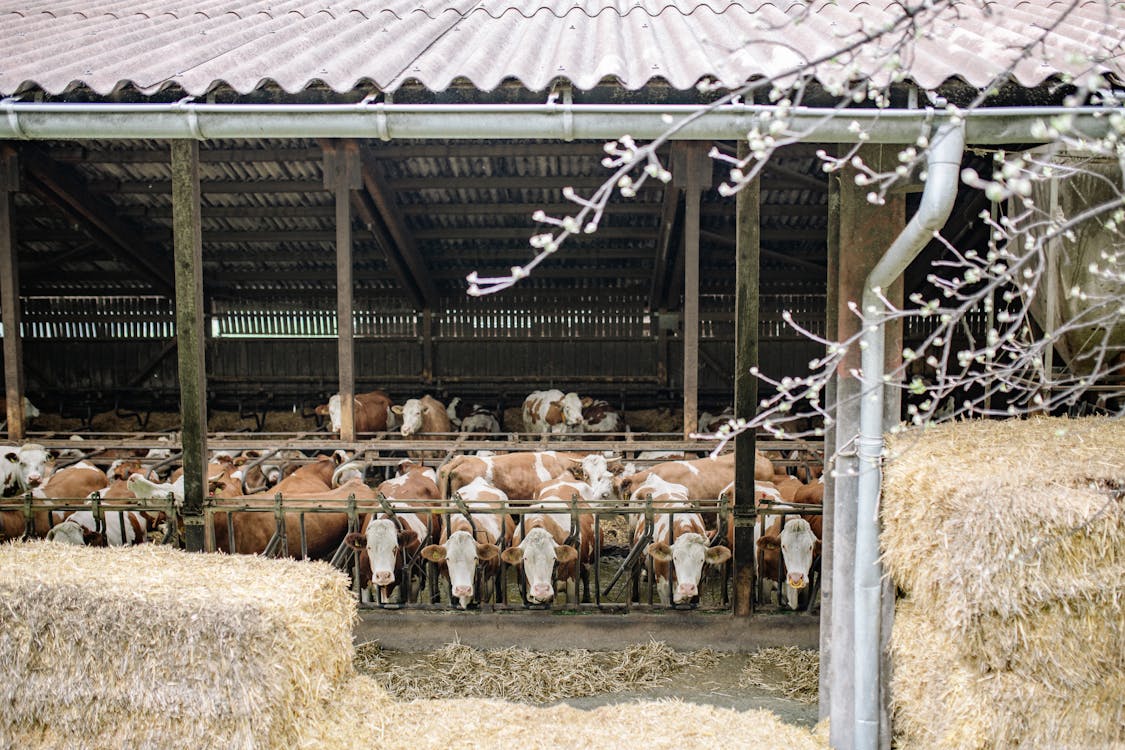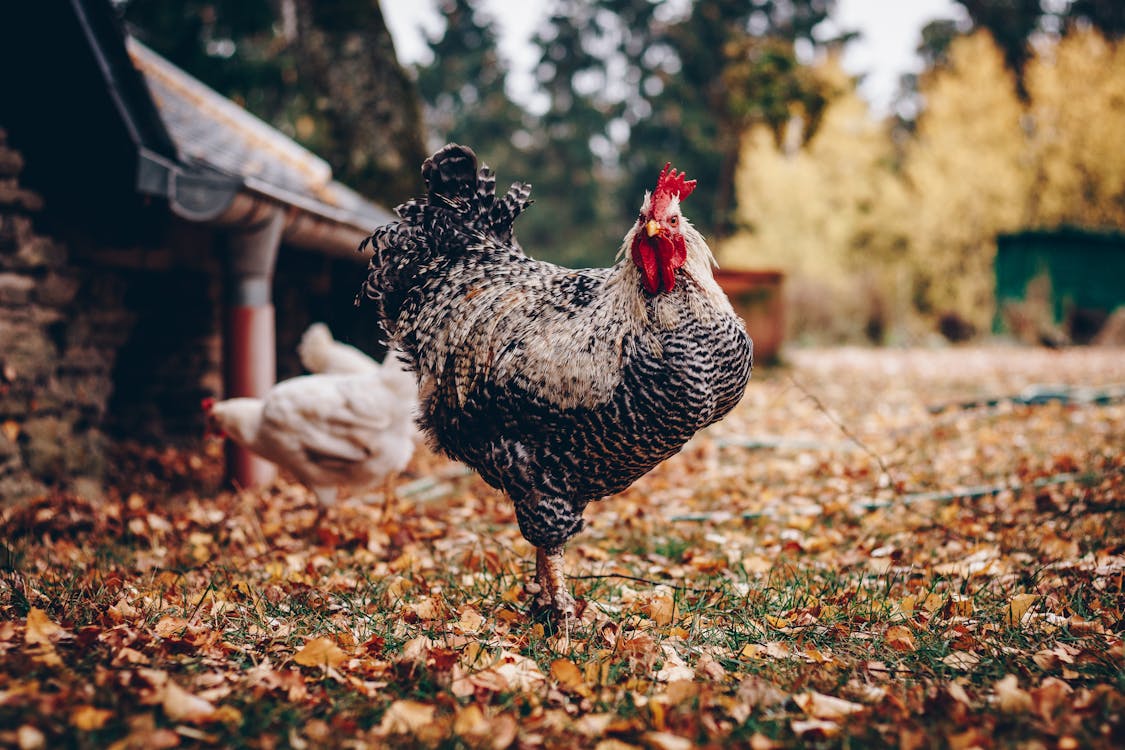 Photo by Yan Krukau from Pexels
Photo by Yan Krukau from Pexels
Advocates for animal welfare and veganism are urging for transparency and responsibility in the use of artificial intelligence (AI) within animal farming, pinpointing the technology’s potential double-edged sword. As AI rapidly evolves, concerns are mounting that it could either deepen the exploitation of animals or, conversely, play a role in their liberation, depending on how it’s integrated into farming practices.
Sam Tucker, the founder of the charity Open Paws, as per his talk with Plant Based News, believes that the future of AI is at a crossroads between harming animals through intensified factory farming and using it to promote animal well-being.
“With AI rapidly becoming superhuman at persuasion, now is the pivotal time to ensure it’s directed towards compassionate purposes that promote animal well-being,” Tucker stated.
Problems with AI Usage in Modern Agriculture
In recent years, AI’s ability to collect and analyze vast amounts of data has led to improved efficiency and productivity in the agriculture industry. Its extensive knowledge can be used for ingredient scanning, selection and formulation, flavor enhancement, and optimization.
Farmers are increasingly using AI to analyze vast datasets, monitor livestock health, and make predictions for optimized practices. However, the interests of animals are often overlooked in discussions about AI-assisted farming.
 Photo by Kirsten Bühne from Pexels
Photo by Kirsten Bühne from Pexels
AI could intensify factory farming practices, making it easier and more profitable to confine and kill animals. One company, Meyn, utilizes AI to automate the slaughter of chickens. Others utilize the technology to encourage cage-based systems for farmers, marketed as “high-tech poultry cages,” which animal welfare advocates might find inhumane and exploitative.
Advocates have emphasized the need for strong ethical guidelines to prevent potential abuses of animals for financial gain. As AI takes over crucial parameters like temperature and humidity, farmers may have less autonomy over their farms. The decision-making power may shift to company bosses who remotely set goals and parameters, turning farmers into mere instruments of corporations.
Much like in the creative industry, the increasing automation brought about by AI may result in fewer jobs for human workers in the agricultural sector. While AI technologies are marketed as a way to outsource caring responsibilities traditionally fulfilled by humans, the question arises whether a duty of care can truly be outsourced to a machine.
Activists also pointed out the environmental impact of animal agriculture. The carbon footprint and resource consumption associated with traditional farming methods remain significant challenges that need to be addressed even with the integration of AI.
Dismantling the System
Despite the concerns, Tucker believes they have some advantages in the fight against the negative effects of AI in animal farming. They can take advantage of open data sharing and argue that anti-speciesist AI is safer, as speciesism is linked to bias against humans and other forms of discrimination.
“By automating routine tasks and utilizing AI’s predictive capabilities, we can exponentially increase the efficiency of animal advocacy—freeing up valuable time and resources to focus on strategic actions that drive change,” Tucker said
His company, Open Paws, was responsible for creating VEG3, an alternative ChatGPT for vegans. The company has helped create free tools to support animal charities and assists them in using AI in their advocacy.


![Joyland AI Review: Pricing, Features & Alternatives for [current_date format='Y'] 4 joyland ai](https://www.greenbot.com/wp-content/smush-webp/2024/08/joyland-ai-150x150.png.webp)







